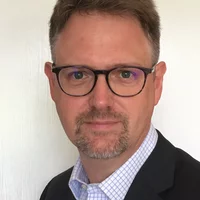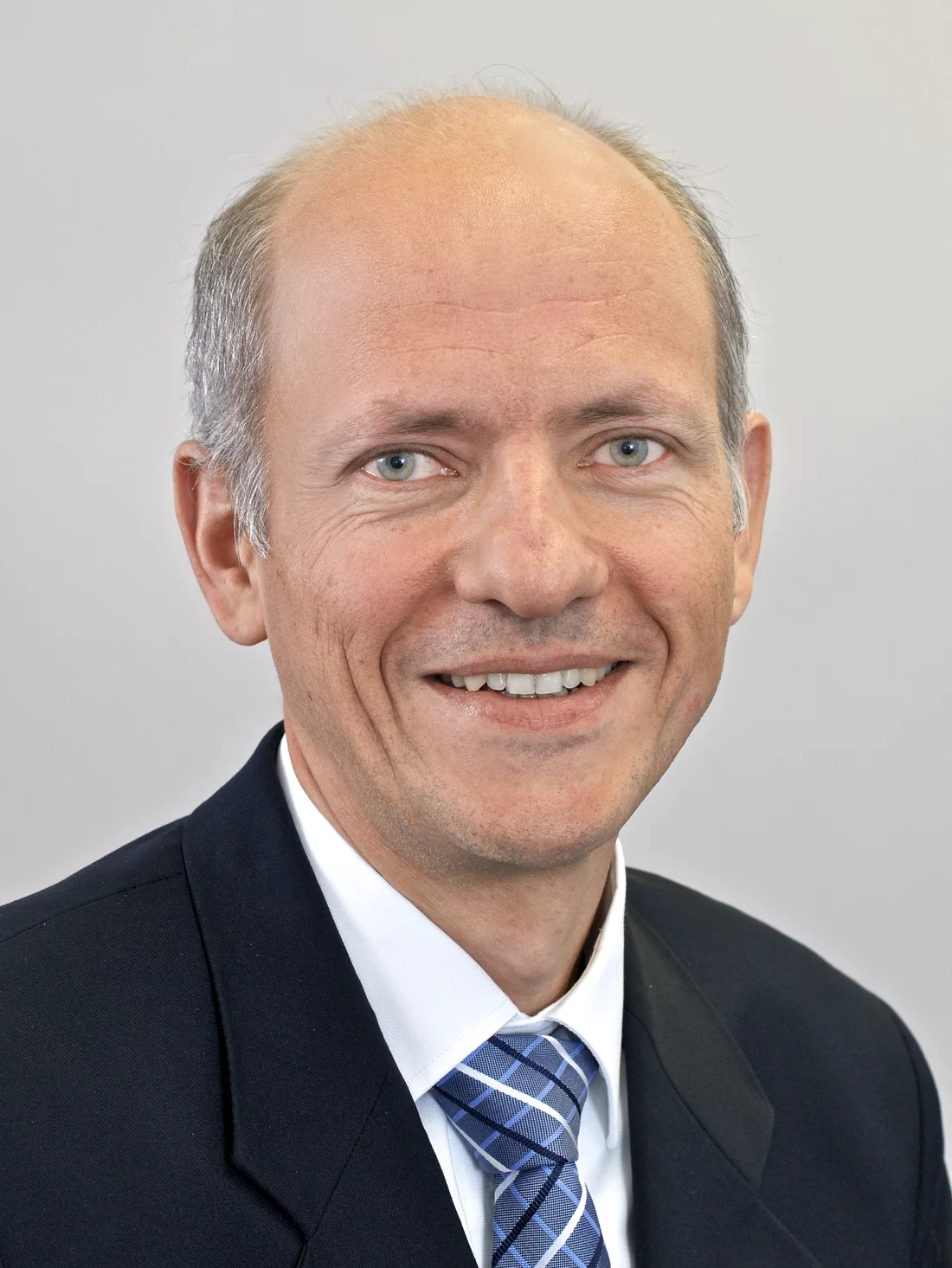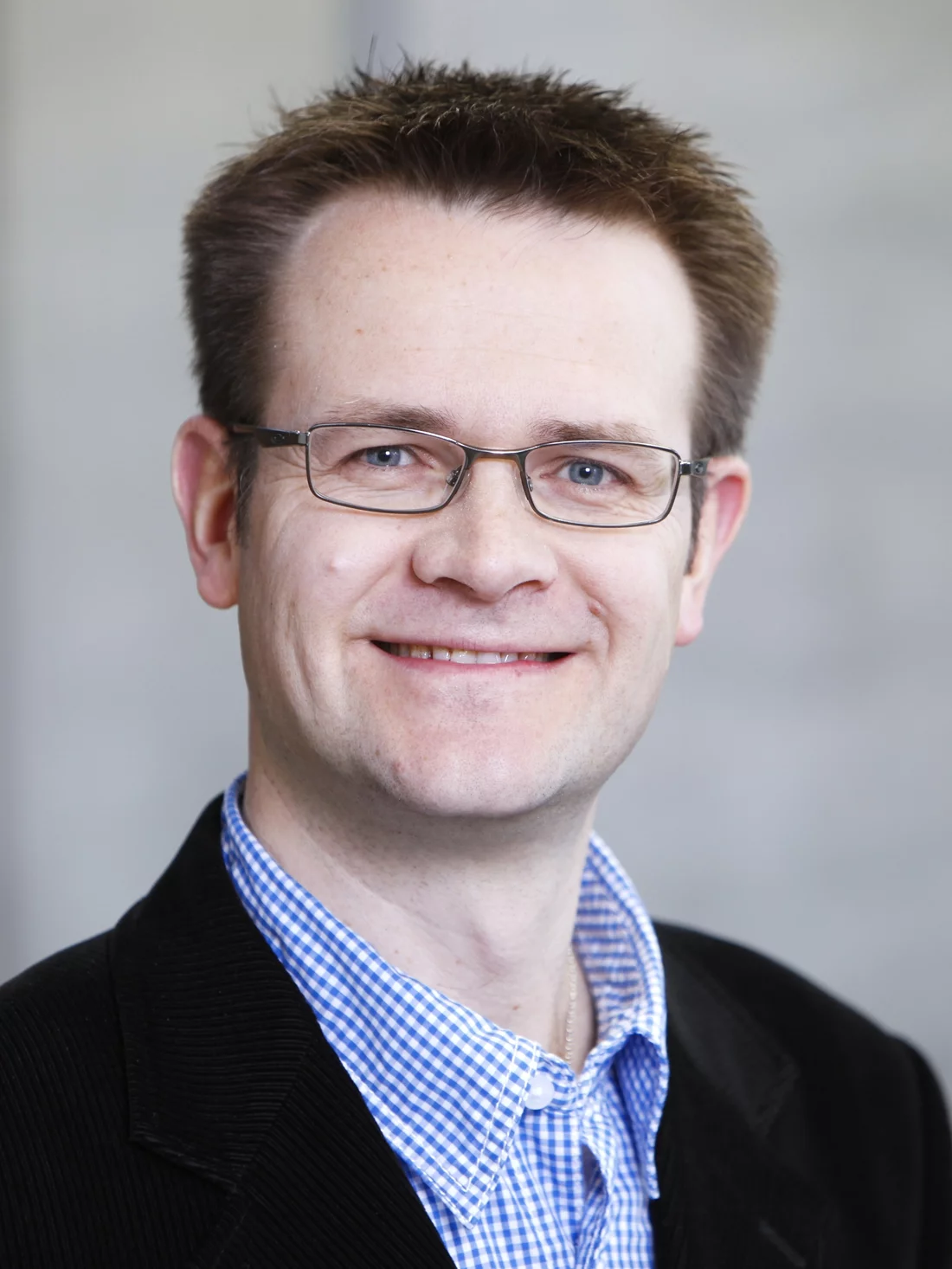The competence centres established as part of the Coordinated Energy Research Switzerland action plan are to start work in 2014.
As part of the Energy Strategy 2050 the Swiss government and parliament have decided to increase support for energy research in Switzerland. This includes the setting up of seven interuniversity networked Swiss Competence Centres in Energy Research (SCCERs). In the SCCERs ETH Domain institutions, the universities and the universities of the applied sciences are to join forces with industrial partners to develop new competencies and solutions in the decisive action areas of the shift in energy policy. The Paul Scherrer Institute PSI will act as the leading house in two of the SCCERs – storage and biomass – that have already been given the green light. They will begin their work in 2014.
In total, CHF 72 million of federal funds has been earmarked in the Coordinated Energy Research Switzerland action plan to establish the competence centres. The Commission for Technology and Innovation (CTI) was asked to handle the award of funding and the evaluation of the related research activities. To this end CTI, in cooperation with the Swiss National Fund (SNF), set up a steering committee.
Raising the profile of the domestic treasure biomass
In the SCCER BIOSWEET (BIOmass for SWiss EnErgy fuTure) researchers from 12 participating research institutions have set themselves an ambitious goal. They will focus their efforts on raising the contribution of biomass, which ranks behind hydropower as the second most important renewable energy source in Switzerland. In the long term the biomass input into the Swiss energy supply is to amount to 100 Petajoule. That energy amount, which integrates electricity as well as thermal energy, corresponds to roughly 2,7 times the yearly electricity output of the Leibstadt nuclear power plant. “In this context we have to take as many different types of biomass into account as possible”, says Oliver Kröcher, head of the PSI Bioenergy and Catalysis Laboratory and Director of the competence centre. Besides dry, wood-like biomass, wet biomass like liquid manure, waste or crop residues must be tapped into. The competence centre will also examine a vision for the future - the role of algae as a source of energy. High-grade fuels can be produced from algae, too, even after fine chemicals, for instance, for the cosmetics industry, have been extracted out of the algae.
But there is a need for diversity not only in types of biomass. They are often processed in varying ways as well and they all have to be researched further. Thermochemical paths – like the ones used for instance in methane production from wood – are to be equally at home in the competence centre as fermentative methods on which most biogas plants are based today. Research topics like the production of methane and liquid fuels from dry biomass (mainly timber) and the energy-efficient hydrothermal gasification of wet biomass are already being examined now in PSI research projects and are to be given fresh impetus by the competence centre. Almost only universities of the applied sciences are looking at biomass fermentation in Switzerland, today. Through the joint work within the competence centre BIOSWEET on thermochemical as well as fermentative routes a more thorough mutual understanding shall be fostered and common developments shall be launched.
The BIOSWEET competence centre will also have the task of estimating the availability of biomass in Switzerland for the conversion pathways investigated in the SCCER. There are likewise plans for the technical-economic assessment of the various bioenergetical processes in order to identify the optimum use of bioenergy in economic terms. Up to 2016 the SCCER BIOSWEET will receive funding totalling CHF 8 million from the Swiss government. Kröcher already sees the first fruits of this close alliance. “The Swiss biomass research scene joined forces during the preparation of the bid for the SCCER”, he says.
Giving a face to the key topic storage
The competence centre for the action area storage has its own funding budget of CHF 11 million. This amount is topped up by the participating institutes and industrial partners resulting in a total budget of CHF 38.7 million. Research in this competence centre is divided into 5 work packages. PSI, represented by the Electrochemistry Laboratory, handles three of the five work packages: advanced batteries and battery materials, hydrogen production and storage, and catalytic and electrocatalytic CO2 reduction – the latter with the goal of not only extracting the CO2 in the industrial plant’s waste gas from the environment but of converting it into a valuable energy source like methane as well. The other work packages have to do with thermal storage and interactions between the different storage technologies.
Thomas Justus Schmidt believes that the bundling of capacities in one competence centre offers several advantages: one is the synergies created between the research groups who up to now had been working in isolation, not least because they now have easier access to the infrastructure of partner institutes. Furthermore, Schmidt is convinced that the topic storage is being given an institutional face through the competence centre. “It is easier for companies to find the right experts in the research landscape and to put their questions to them with a view to launching research cooperation.” This increased visibility will not only raise awareness of this important topic in Switzerland, it will also facilitate scientific cooperation beyond national boundaries.
Timeline from basic research to market
For both competence centres one of the main requirements in the bid was to come up with an innovation timeline documenting how the various research topics from basic research to market-ready products, technologies or services will be covered. The work should also turn up tangible results. The Research and Technology Transfer Platform, established at the same time in order to foster collaboration between both competence centres with partial funding by the ETH Board, is moving in the same direction.
Text: Leonid Leiva
About PSI
The Paul Scherrer Institute develops, builds and operates large, complex research facilities, and makes them available to the national and international research community. The Institute's own key research priorities are in the investigation of matter and material, energy and the environment; and human health. PSI is Switzerland's largest research institution, with 1500 members of staff and an annual budget of approximately 300 million CHF.
Contact
Prof. Dr. Thomas Justus Schmidt, Head of the Electrochemistry Laboratory, Paul Scherrer Institute,Telephone: +41 56 310 57 65, E-Mail: thomasjustus.schmidt@psi.ch
Prof. Dr. Oliver Kröcher, Head of the Laboratory of Bioenergy and Catalysis, Paul Scherrer Institute,
Telephone: +41 56 310 20 66, E-Mail: oliver.kroecher@psi.ch


